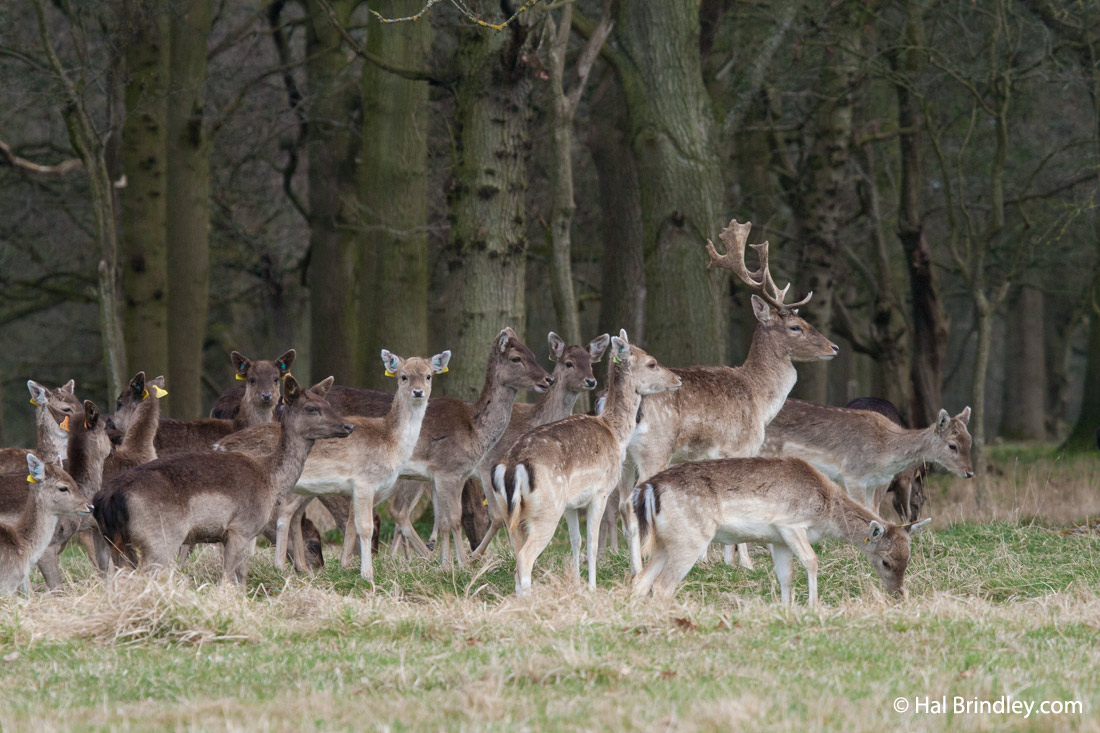Irish Deer Cull Protested By Animal Rights Group
As part of a comprehensive management plan, Irelands Office of Public Works (OPW) culled 34 fallow deer in a popular Dublin park.
The OPW said the culling is necessary to prevent an increase in the deer population, leading to an increase in road traffic accidents in the park.
“An over-abundant deer population can result in an increasing incidence of road traffic accidents and increase the potential role of deer in the epidemiology of specific diseases,” said an OPW spokeswoman, according to St. Helens Star.
 It is reported that the meat from the cull did not go to waste, having been sold to meat suppliers.
It is reported that the meat from the cull did not go to waste, having been sold to meat suppliers.
The deer cull did not sit well with animal rights group, The Alliance for Animal Rights (AFAR). The group accused the Irish government of farming deer to make money.
AFAR claimed that, although the humane alternative of contraception works, OPW uses the ‘killing alternative’ because it is more lucrative.
“Shooters are devoid of any empathy for innocent, undefended animals,” a spokesperson for AFAR said.
“No animal is safe if money is to be made.
“Shooting deer in view of other deer is barbaric, all animals experience fear at seeing their friends killed. AFAR are launching a campaign to stop this sad and unnecessary murder of innocents.”
The group then called on the Irish government to develop an alternative, humane way to deal with culling the deer. “No animal is safe from human greed, an alternative exists here. With the growing opposition to violence towards animals, this policy of profit before respect must be stopped.”
“The role of the wild fallow deer herd in the Phoenix Park as a valuable component of biodiversity must be recognized,” OPW spokesperson told the St. Helens Star.
“However, this must be balanced with an equal recognition of the potential for deer to impact adversely on a range of other biodiversity values, particularly where other conservation habitats and their dependent species are concerned.
“Sustainable deer management must rely on sound, practical and applied scientific research, and any deer management policy must be cognizant of its application to practical deer management on the ground.
“An over-abundant deer population can result in an increasing incidence of road traffic accidents and increase the potential role of deer in the epidemiology of specific diseases.
“Deer management is most simply defined as the integrated management of deer populations in balance with the carrying capacity and land use objectives of land where deer exist.”
The spokesperson added: “Each cull is undertaken in consultation with the School of Biology and Environmental Science in University College Dublin and a vet expert in deer welfare.”

